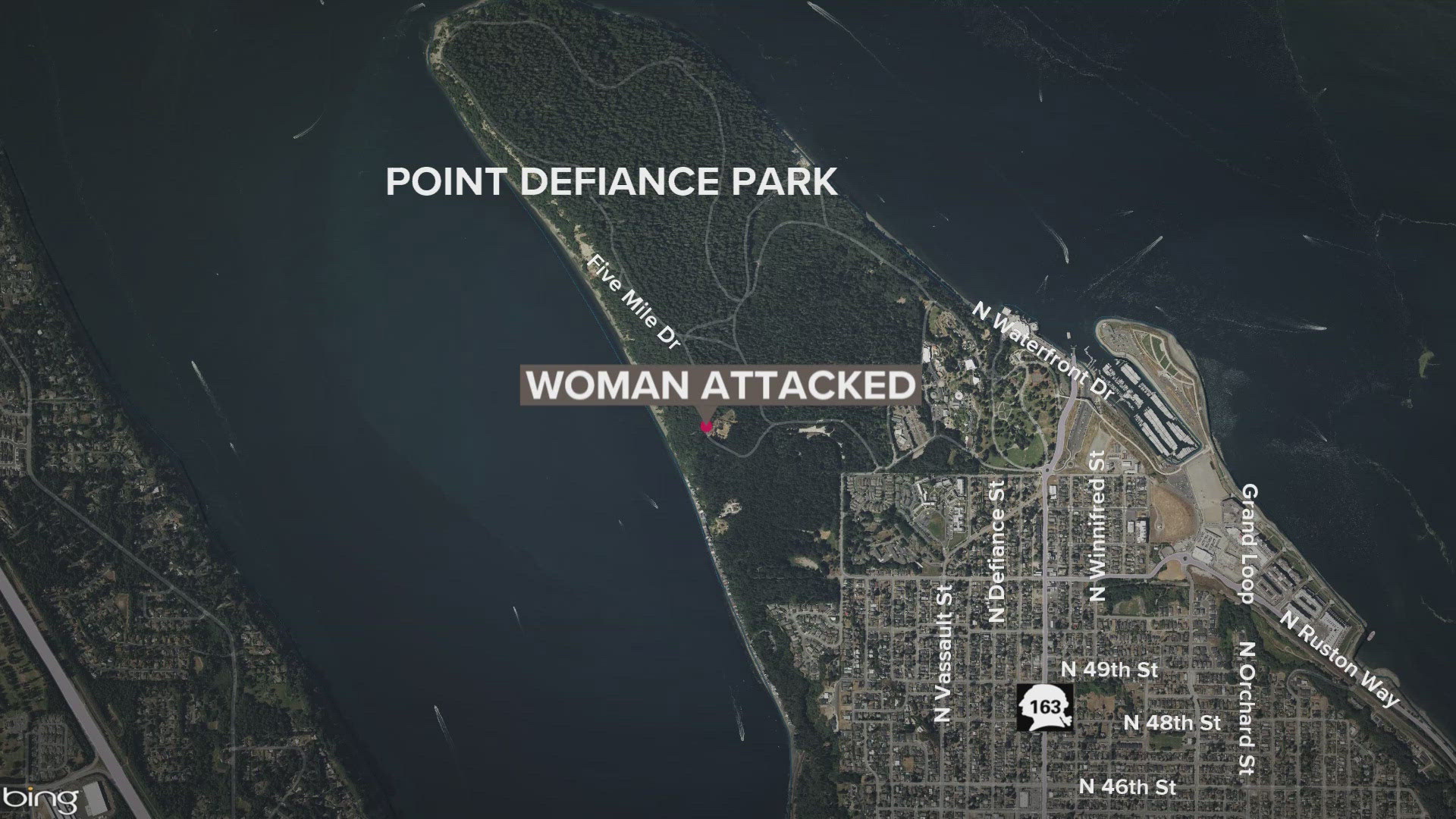SEATTLE -- A federal district court judge has ordered that an immigration judge should determine within the next week whether a Seattle-area 'Dreamer' should be released from custody.
Daniel Ramirez Medina, a 23-year-old granted “deferred action,” or DACA status, was taken into custody during an operation targeting his father, a previously deported felon convicted of drug trafficking, according to ICE.
Ramirez Medina will remain in custody pending bond hearing before an immigration judge. However, his attorneys would like the larger case alleging unlawful detention and due process violations to go back to federal court.
The Department of Justice says it will file a petition to dismiss the case from federal court on jurisdictional grounds, seeking to keep the proceedings in immigration court instead.
The decision of which court hears the case will ultimately be reviewed by Chief Magistrate Judge James Donohue of Seattle, who said Friday he recognizes "the unusual nature of this case."
"The judge recognized today that this case is important, beyond this case," said attorney Theodore Boutrous, referring to potential implication for other "dreamers."
"We’re hoping that we can get courts to establish standards to protect everybody from being snatched from their homes when they’ve done nothing wrong."
"The integrity of the DACA process and the integrity of the representations that two administrations have made to keep faith with that program are now at stake here," said co-counsel Mark Rosenbaum.
Attorneys, in the courtroom, even referenced President Trump's comments Thursday about treating DACA recipients "with heart."
The case of Ramirez Medina has drawn national interest and concern because of Ramirez Medina's DACA status. However, two very different accounts of events have emerged between ICE officers and Ramirez and his attorneys.
In court documents filed Thursday the Department of Homeland Security says Ramirez Medina was taken into custody after telling officers he was born in Mexico and in the country illegally.
At the detention center, it was determined he Ramirez Medina was a DACA recipient and did not have a criminal history. Being granted DACA requires a background check and fingerprinting, according to Citizenship and Immigration Services.
However, DHS says when asked about his involvement with gang activity, officers say Ramirez Medina stated: “No, not no more,” according to court documents.
Officers then asked about what they identified as a “gang tattoo” on his forearm and said he stated “he used to hang out with the Surenos in California….and fled California to escape from gangs,” according to the documents.
DHS says Ramirez Medina stated he still hangs out with “Paizas in Washington State,” according to the officer taking the report.
“Paizas is also a colloquial term for the Mexican people. So, one of the things we’re evaluating at this point is whether he used word paizas colloquially—I hang out with paizas, paizanos,” said Luis Cortes, one of the lawyers on the case.
Ramirez's counsel also says his tattoo represents his birthplace, not gang affiliation.
A gang expert employed by Ramirez Medina's attorneys said he would not identify the tattoo as gang-related, nor has he seen similar tattoos on any gang members.
“In particular, this tattoo does not match any of the Sureño symbolism or tattoos that I have studied," said Martin Flores, gang expert. "This tattoo also does not match any Paisa symbolism or tattoos.”
His attorneys firmly deny any gang affiliation and say Ramirez Medina was pressured into making statements about gang affiliation by ICE officers once in custody.
“The more they kept pressuring him about gangs, the wider the scope of the questions came in,” said Cortes. “It wasn’t are you a gang member anymore. It’s do you know anyone ever in a gang.”
“He was acting in good faith. The problem was that DHS kept asking and asking and asking and eventually they formed their own conclusions from the little bits of information they were able to get,” said Cortes.
In a newly filed brief Thursday evening, Ramirez Medina’s attorneys even allege an “apparent attempt to cover up evidence that would disprove their gang affiliation allegations."
According to the new documents, Ramirez wrote an appeal to officers asking to have his classification within the detention facility changed, but attorneys believe the statement was altered, or partly erased to change the meaning.
From attorneys brief:
Mr. Ramirez wrote: “I came in and the officers said I have gang affiliation with gangs, so I wear an orange uniform. I do not have a criminal history and I’m not affiliated with any gangs.”
“Edited” Version: “I have gang affiliation with gangs, so I wear an orange uniform. I do not have a criminal and I’m not affiliated with any gangs.”
ICE has not directly responded to the allegation, but a spokesperson said, "both sides will have an opportunity to present evidence to the court."
Related: Lawmakers want answers
However, Ramirez attorneys believe this is an isolated case and not reflective of a change in policy under the new administration.
"I do want to say to DACA beneficiaries, there’s no need to panic today," said There’s no reason to think this matter will not be resolved properly. We are frustrated that he remains in detention for even a single hour more, but DACA is still the law. It’s still on the books," said Rosenbaum.
When asked where he's concerned that policies or procedures could be changing, Rosenbaum indicated he's not, as of now.
"I’m concerned about the acts of some agents here in Seattle, but I haven’t seen nationwide ignoring what DACA is about."



